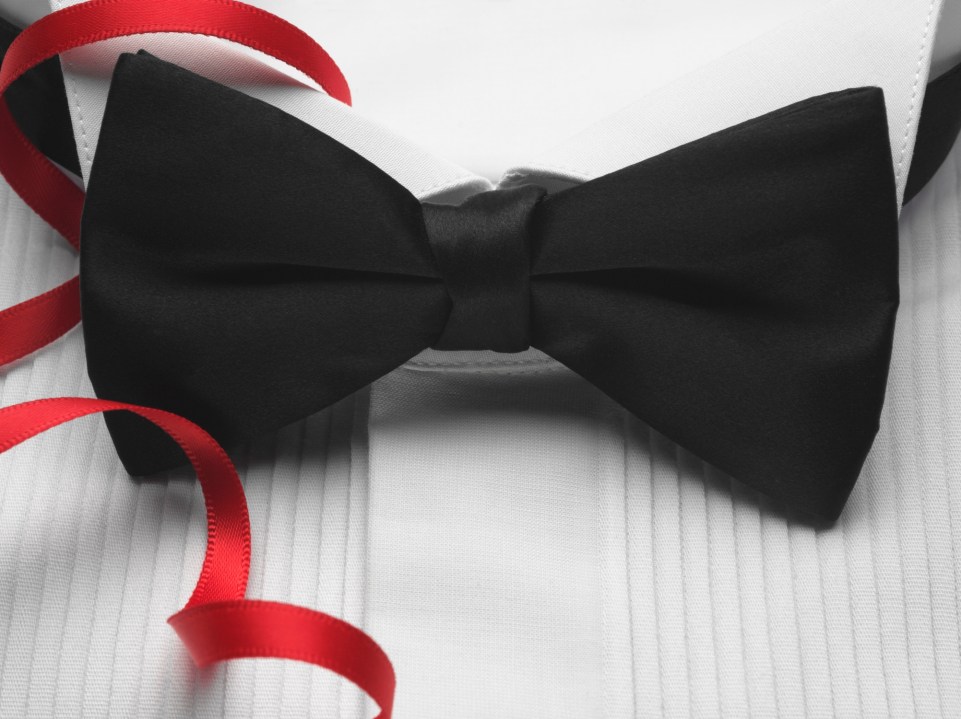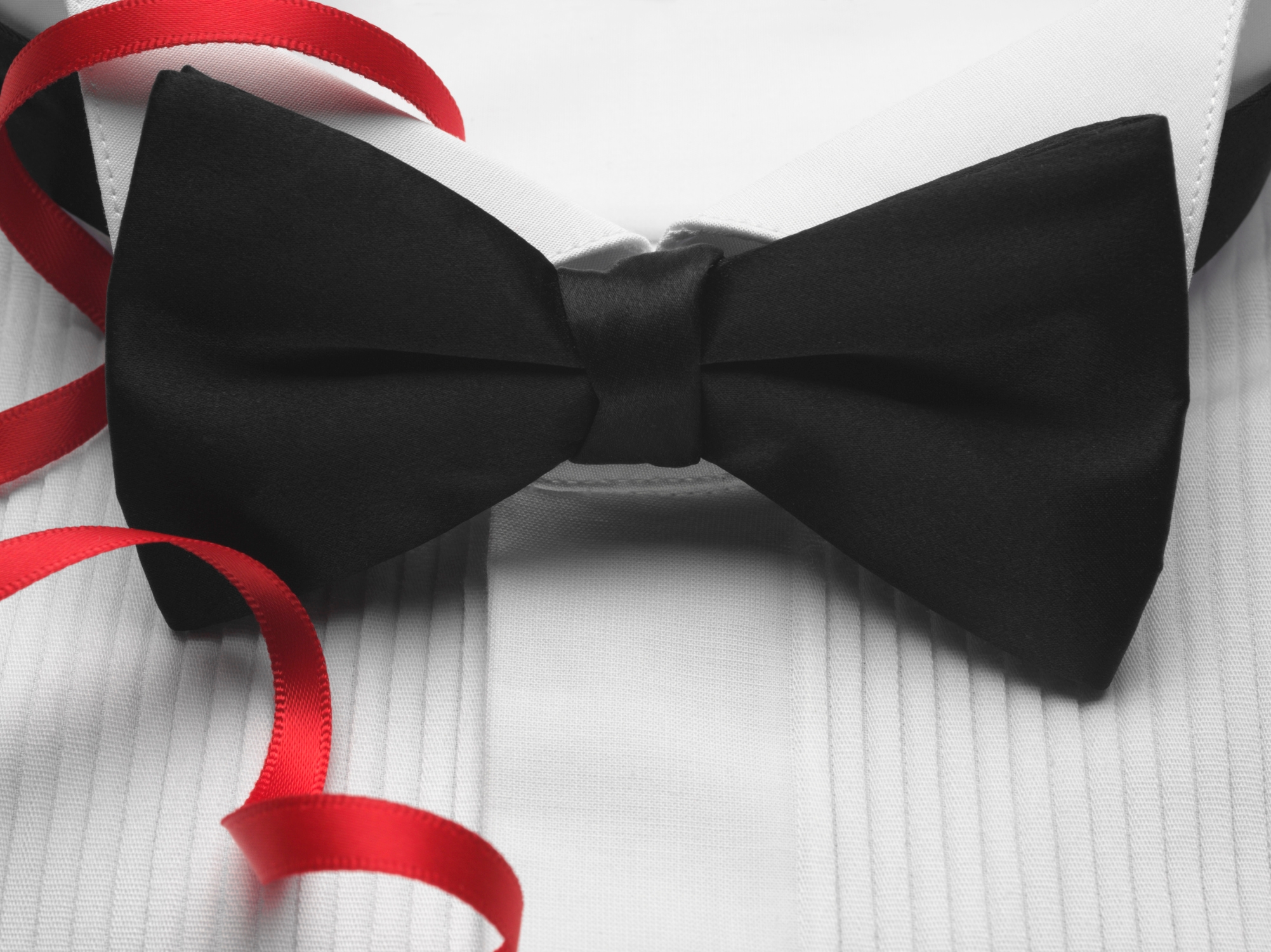I seem to have been steeped in opera lately. First there was Ariadne auf Naxos at Glyndebourne, then Peter Grimes on the beach at Aldeburgh, and now Wagner’s complete Ring cycle at Longborough in Gloucestershire, all within the space of three weeks. As I write, I haven’t quite seen the whole Ring cycle — there is still one more opera, Götterdämmerung, to come — but it is already plain that something astonishing has happened. Martin Graham, who has lived for most of his life in a Cotswold manor house with a tremendous view next to the little village of Longborough near Stow-on-the-Wold, decided 30 years ago with his wife Lizzie that they would like to create a theatre there and one day stage Wagner’s Ring in it.
It was an ambition of truly Wagnerian proportions, and one that seemed as doomed to disaster as the gods of Valhalla. Many people thought that the Grahams were mad to believe they could meet a challenge that even the greatest and wealthiest of the world’s opera houses find daunting. But armed with determination and unquenchable optimism, they converted a barn into a theatre, furnished it with 500 red seats that the Royal Opera House in London was discarding during refurbishment, dug a huge orchestra pit under the stage, gave the building a comic neoclassical pink façade with statues of Wagner, Verdi and Mozart on the roof, and embarked on a series of Wagner productions that have culminated after 15 years in the triumphant staging of the only complete Ring cycle in Britain in this Wagner’s bicentenary year. The performances have been not just adequate; they have been outstanding, thanks in large part to the glorious playing of the orchestra assembled specially for the Longborough Festival by its musical director and Wagner conductor, Anthony Negus.
But the singers have been mostly excellent, too; and as Lizzie Graham points out in a programme note, they are almost all British. ‘It is a source of great pride to us,’ she writes, ‘to think that so many of these fine artists are home-grown and nurtured.’ The Britishness of the singers may be due in part to economic necessity, for one aspect of the Longborough miracle is that it has been achieved without any government subsidy. At the same time, however, it means that Longborough is becoming a place in which young British singers get the chance to prove themselves in major operatic roles and launch themselves on international careers. In a review last weekend of Benjamin Britten’s Gloriana at Covent Garden, the Mail on Sunday’s music critic, David Mellor, noted that the cast on this occasion was mainly British and had performed very well. ‘Why,’ he asked, ‘does the Royal Opera import so many second-rank foreign singers for supporting roles when we have so many first-class ones of our own?’ A good question.
Longborough has modelled itself to a great extent on Glyndebourne, Britain’s first and most celebrated country-house opera festival, with operas starting mid-afternoon to allow for a long interval in the middle in which to have supper in a restaurant or picnic on the lawn. When John Christie started Glyndebourne in 1934 with his wife, the Canadian soprano Audrey Mildmay, he wanted the audience to wear evening dress; and to this day almost every member of any Glyndebourne audience is thus attired, even if evening dress is not strictly obligatory. At Longborough there are many more casual dressers than at Glyndebourne, though the proportion of men wearing dinner jackets and women wearing long evening gowns is still high. Given that there appears to be no official dress code at Longborough, one must assume that a majority of opera-goers choose of their own free will to go dressed like that. It seems to have become an accepted feature of English country-house opera that the audience should dress formally, whereas nobody does so any more for visits to the Royal Opera House or any other grand metropolitan theatre.
Perhaps many people going to country-house operas feel they are participating in a privileged social ritual that needs sartorial recognition, but it strikes me as very peculiar today. If men no longer wear black ties in London in the evening, why do they want to wear them in the country in the afternoon? And whatever glamour dinner jackets may once have had, they are now more commonly associated with the stuffiness of corporate entertainment. At Glyndebourne, founded nearly 80 years ago, evening dress has been part of its great tradition from the start. But I don’t think any newcomers to the opera scene should encourage it today, especially if, as they say, they are keen to attract younger audiences.







Comments